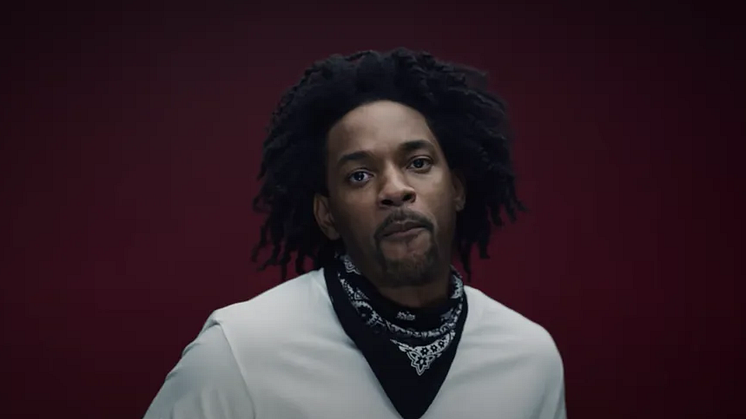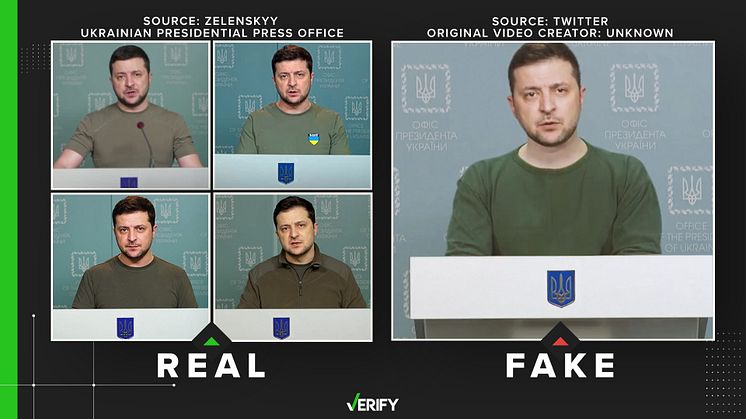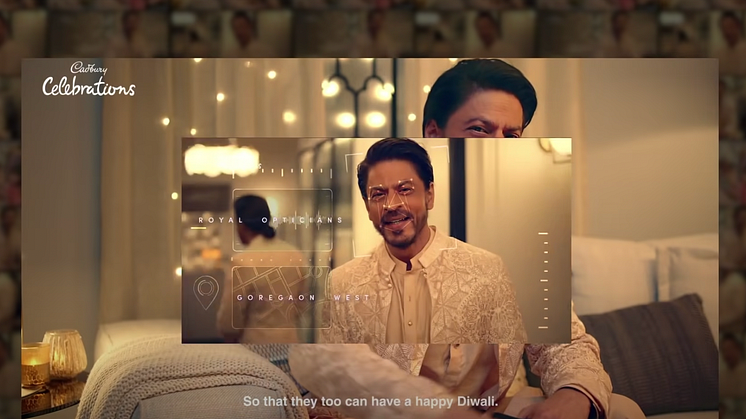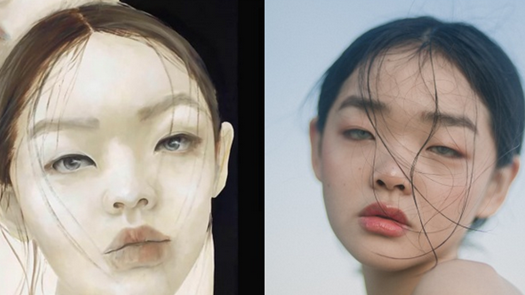
News -
Could rapper Kendrick Lamar get sued for using deepfake technology in his music video ‘The Heart Part 5’?
Infamous rapper Kendrick Lamar's latest music video ‘The Heart Part 5’ is garnering views not only for the song, but also for the use of deepfake technology to morph his face into several popular faces from the entertainment industry. The question now is whether he can be sued for using different faces without seeking their permission.
In the video, he digitally adds the likenesses of rappers like Will Smith, Jussie Smollett and Nipsey Hussle as well as sport personalities O.J. Simpson and the late Kobe Bryant .
Lamar said his five-minute music video is about perspective. After rapping the opening line, his face is morphed into Smith while mentioning the Oscars 2022 moment where he slapped Chris Rock.
He later took on the face of Smollett and rapped about the actor's desire to represent the Black community.
Deepfake is a type of artificial intelligence (AI) technology that can add faces and voices to an existing film or footage. It makes use of a number of images and videos of a person captured from various angles.
Copyright attorney Aaron Moss, chair of Greenberg Glusker’s litigation department, said: “Looking at it from the perspective of how [the deepfake] was used in the creative process, you have to focus on the different meaning and message that the resulting use ends up communicating.” Copyright attorney Alan Friedman, partner at Fox Rothschild, believes that deepfakes in the video appear “highly transformative” and that “fair use would be a strong defense to a copyright challenge.”
This technology is increasingly being used in recent years, like Channel 4's "Alternative Christmas Message" in the UK which featured Queen Elizabeth II addressing her citizens by dancing.
But it has also been used as a weapon of propaganda.
Recently, a fake video of Ukrainian president Volodymyr Zelenskyy asking his troops to surrender to Russia was doing the rounds.
PitchMark helps innovators deter idea theft, so that third-parties that they share their idea with get the idea but don’t take it. Visit PitchMark.net and register for free as a PitchMark member today.





